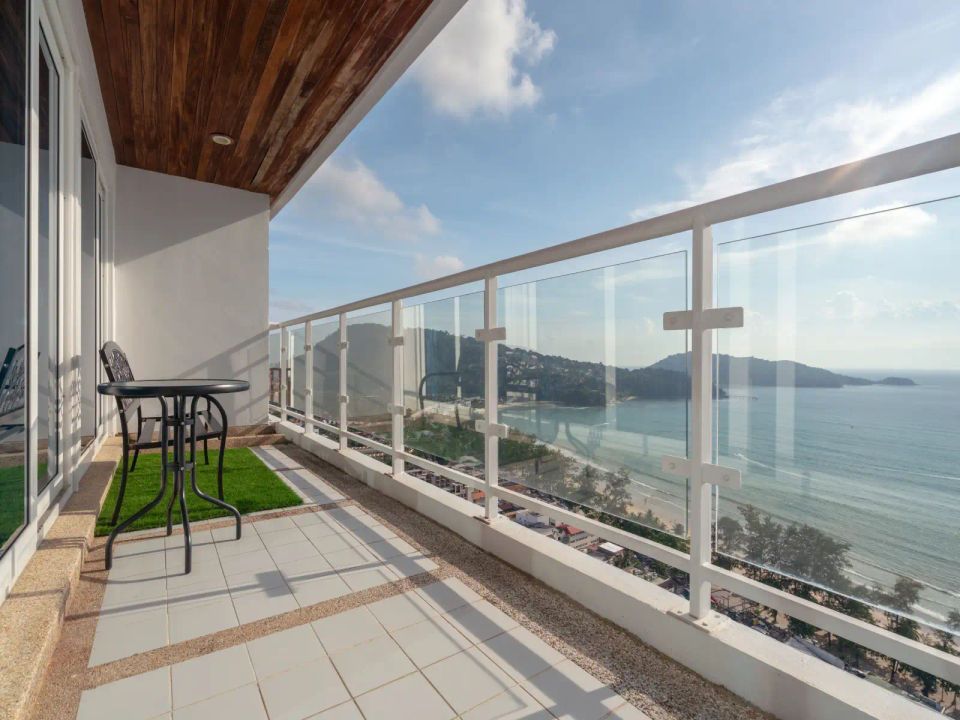Power Property Management

Understanding California Law SB 721: The Landlord
May 30, 2024
Perspective
For property owners, the prospect of mandatory expenses for inspections and repairs that aren't immediately necessary can be daunting. Imagine being told you need to invest heavily in a building that, to your eyes, seems perfectly fine. This is the reality many are facing under California's Senate Bill No. 721, also known as The Balcony Inspection Law.
Prompted by a tragic balcony collapse in Berkeley, California, which resulted in loss of life and serious injuries, SB 721 was enacted to prevent such disasters. While the intention behind the law is to enhance safety, it comes with significant financial and operational implications for property owners.
Key Requirements of SB 721
Who Is Affected?
The property owners of multi-family buildings consisting of three or more units particularly have external elevated aspects such as balconies and decks that are susceptible to damage. These structures must be put into place with at least wood or timber derived allow and expand beyond the building's exterior walls.
Inspection and Maintenance Obligations
Your first mandatory inspection needs to be completed by January 1, 2025. After that, inspections should occur every nine years. The purpose of these inspections is to detect any structural issues, such as decay or instability, that could pose safety risks.
Compliance and Reporting
Landlords are required to maintain a record of inspections and maintenance of properties and ensure that repairs are conducted in a timely manner. If a safety inspection identifies any more pressing safety issues, quick repairs must be executed to help minimize the risk and stay in compliance with the legal mandate. Contravene of the regulations may result severe penalties such as fines and liability in case of the accident arising.
Financial Implications for Property Owners
Unfavorable Costs
The financial burden imposed by SB 721 is substantial. The costs for inspections, necessary repairs, and ongoing maintenance can be considerable. This requirement is particularly challenging for property owners, as it forces them to incur significant expenses to reinspect and alter their properties if they do not meet the stipulated codes. These expenses, while ensuring safety, place a strain on landlords' financial resources.
Conclusion
SB 721, while crucial for safety, imposes hefty financial and operational burdens on landlords. The law necessitates a proactive approach to property management but comes at a high cost. For many property owners, these regulations represent a significant disadvantage as they navigate the financial implications of ensuring compliance. To manage these challenges effectively, landlords should seek advice from legal and structural experts and consider these inspections and repairs as critical investments in their property’s safety and integrity.

